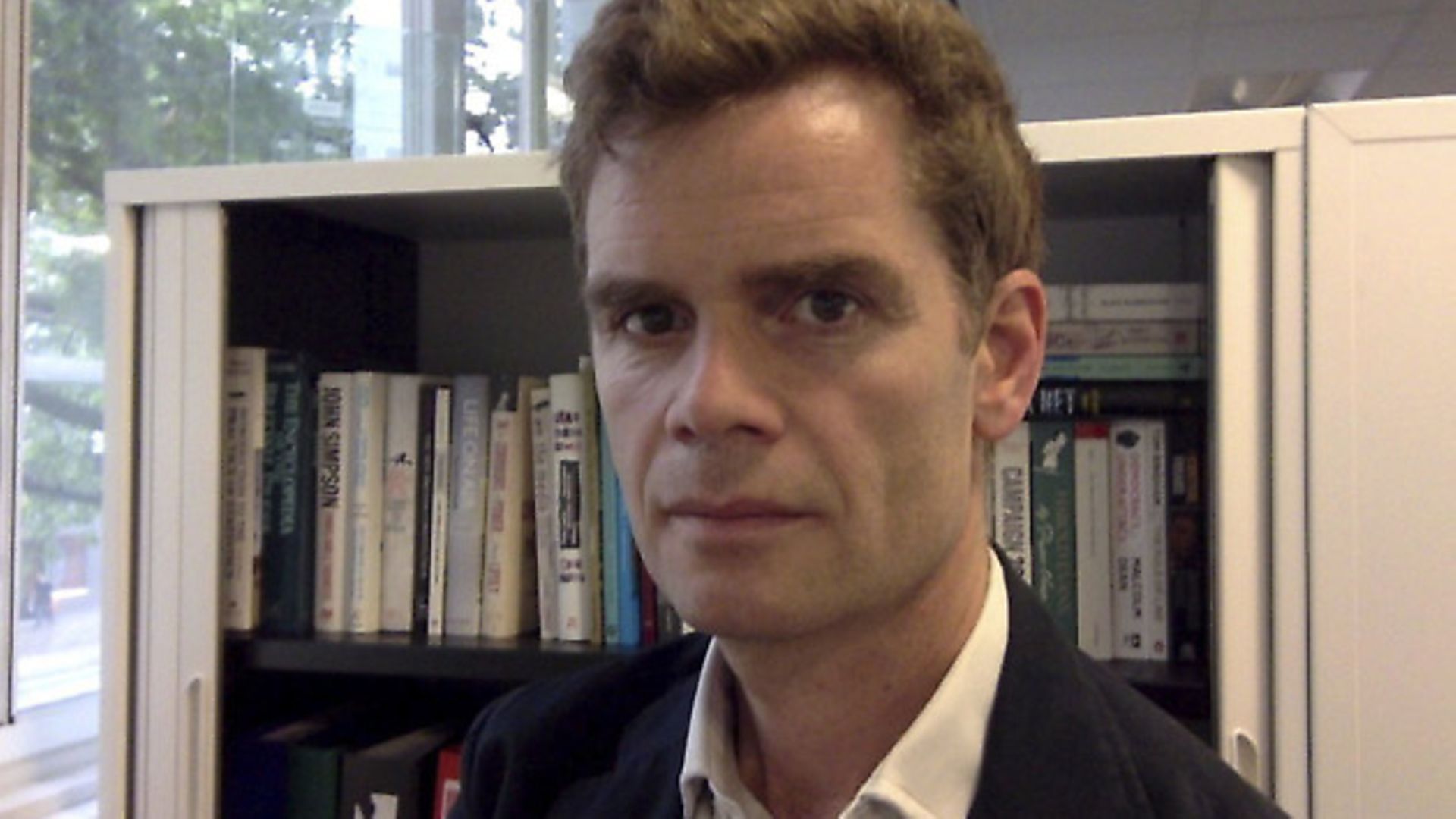
Number of page views, number of likes, number of tweets, number of retweets, number of shares, click-through rates, site traffic, bounce rates, and measures of engagement. In our digital media world every click is captured, every view, every engagement. Captured, categorised, and then used to filter, prioritise and judge communication.
We see this most clearly on the ‘neutral’ social media platforms we use: Facebook, Twitter, Instagram, Reddit, where numbers – or ‘metrics’ as they are called in the industry – are used as a means of indicating that the platforms themselves are not making editorial choices, they are leaving that to their users (though this is only partially true, as we are coming to learn).
But judgement by numbers has bled into all the digital media we consume. Few mainstream news pages do not feature their most read, most viewed, or most shared articles. The Indy100, the Guardian most popular, the New York Times’ most emailed, and most viewed, even the FT has most read at the foot of its homepage. The Guardian’s digital business model, like that of the Daily Mail, is based on scale – more readers and views means more advertising revenue. Measuring editorial success by numbers is central to new media organisations like BuzzFeed and Vice that judge content by the extent to which it goes viral.
The public sphere is, as a consequence, dominated by issues that are popular. This goes as much for politics as for everything else. What issues are being most viewed and most discussed? How many tweets and retweets are issues getting? Is this issue trending? So familiar are we all with the elevation of issues by their popularity that it seems unsurprising, inconsequential even. Yet one of its consequences is populist politics.
‘Populism’, when applied to politics, used to be a pejorative term. As Sven Engesser, Nicole Ernst, Frank Esser and Florin Büche write in their academic piece published this month, populism was viewed as ‘a pathological form of democracy’. Analyses written in the shadow of two world wars saw populism as a sinister, dark and frightening phenomenon. It was uncompromising, polarising, divisive and led to discrimination against religious, ethnic, economic and sexual minorities. The authors date the change in perception to 2004, the same year Facebook was established, when Cas Mudde argued that ‘populist discourse has become mainstream in the politics of western democracies’.
Populism is, by its nature, emotive, strident, and plays to certain themes. Engesser and his co-authors identify five key elements of populism: ’emphasising the sovereignty of the people, advocating for the people, attacking the elite, ostracising others, and invoking the ‘heartland”.
Sound familiar? These are the very themes that the Leave campaign used to persuade British voters to vote leave. Michael Gove based his decision to back Brexit on grounds of national sovereignty. ‘My starting point is simple,’ he wrote in the Spectator in February 2016, ‘I believe that the decisions which govern all our lives, the laws we must all obey and the taxes we must all pay should be decided by people we choose and who we can throw out if we want change.’ Boris Johnson said that he would be advocating to leave the EU ‘because I want a better deal for the people of this country’ – advocating, in other words, for the people.
‘I think that the people of this country have had enough of experts,’ Gove told Faisal Islam on Sky News in June. His dismissal of elites was echoed by his fellow Leave leaders and across the popular press. They attacked the ‘sneering elite’, the ‘metropolitan grandees’, ‘Hampstead liberals’, ‘international panjandrums’, ‘political class’, ‘chattering classes’ and ‘ivory-towered elite’ and distinguished ‘them’ from decent, ordinary people.
Ostracising others was equally central to the campaign, the ‘others’ being migrants, whether legal, illegal, political or economic. The ‘migrant crisis’, as it was described by the Leave campaign, was ‘unsustainable’, ‘intolerable’, ‘relentless’, ‘rampant’, ‘spiralling’ and ‘out of control’. Migrants were blamed for housing shortages, NHS waiting lists, depressed wages, declining living standards, social disintegration and crime.
And the out campaign ‘invoked the heartland’ by conjuring up an idealised nostalgic picture of pre-EU Britain and pumping up patriotrism. At Yorkshire Cricket Club Nigel Farage told The Telegraph: ‘We are going to have a mass bonfire of these things [EU British passports] – flames licking high into the air. We will all stand around, drinking beer, playing music – it will be wonderful.’ It is not a coincidence that these populist positions are consistent with the themes promoted in the popular press.
Almost a decade ago, Albertazzi and McDonnell distilled the definition of populism to an ‘ideology which pits a virtuous and homogeneous people against a set of elites and dangerous ‘others’ who are together depicted as depriving (or attempting to deprive) the sovereign people of their rights, values, prosperity, identity and voice’. It would be hard to find a better description of the Leave campaign.
Such populism, elevated and emphasised by digital media metrics, inevitably champions the perspective of the majority, as distinct from the perspectives of minorities. It is also characterised by in-out, with us or against us rhetoric.
This does not promote an inclusive, tolerant, fair and open society but rather the opposite.
If we judge all our communication by how popular it is, and then prioritise the most popular communication in our news media, then it seems inevitable that public debate will increasingly be dominated by populist issues, and that political populism will be a result. If we want to avoid or temper this then we will need to figure out how to restructure our digital media.
Martin Moore runs a research centre at King’s College London (Centre for the study of Media, Communication and Power).









